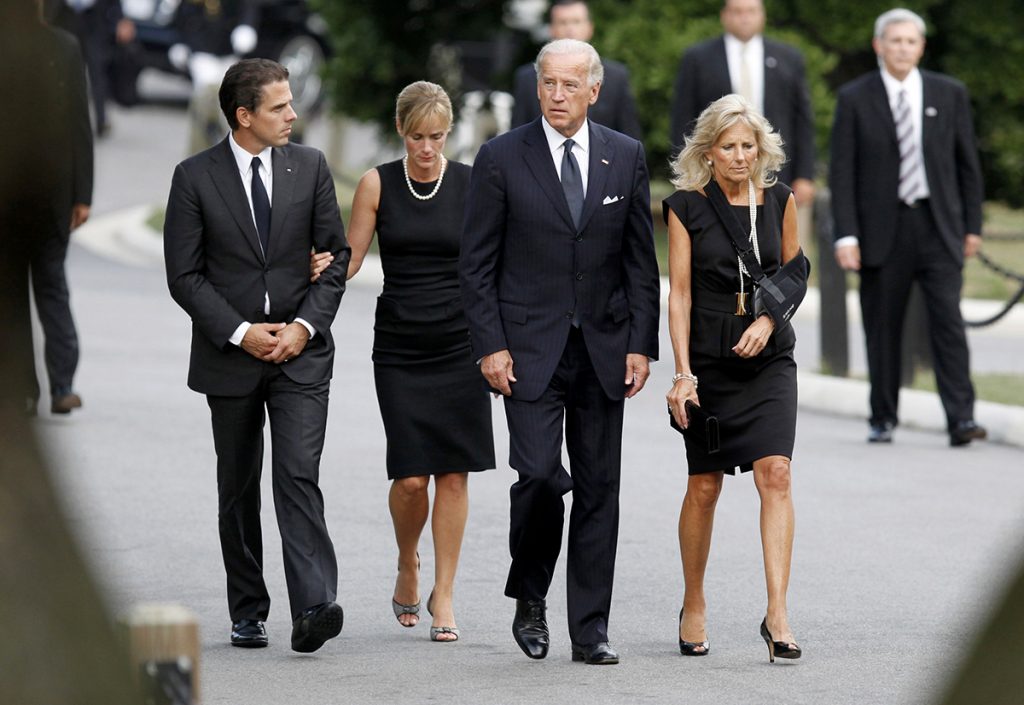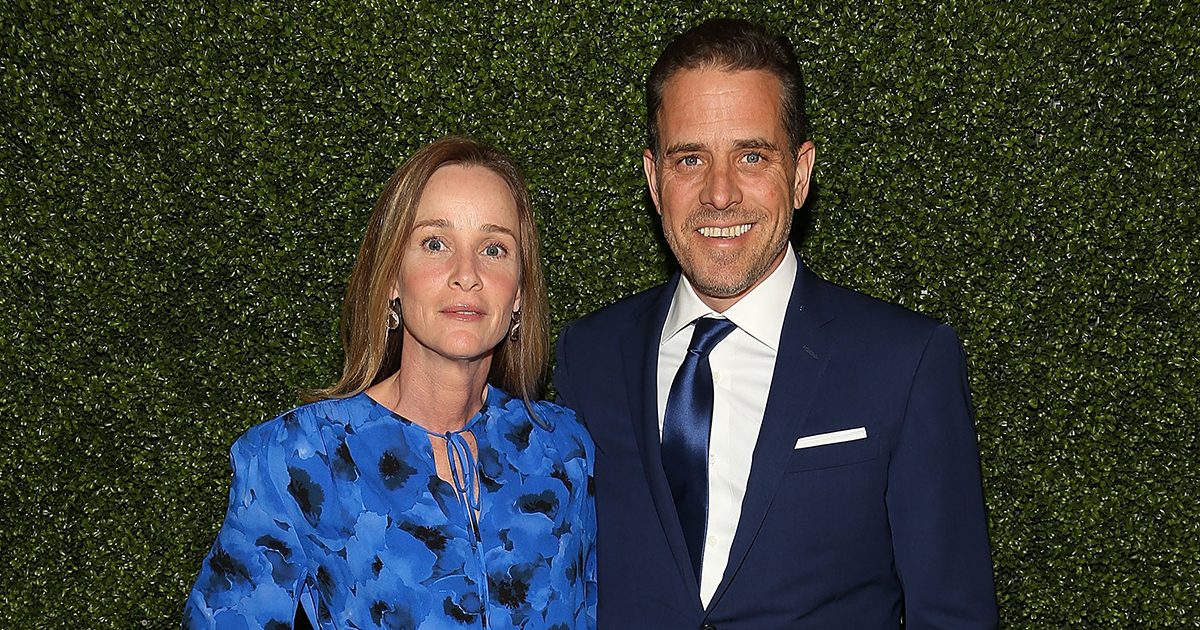Kathleen Buhle's Fight With Colon Cancer
- Kathleen Buhle, 53, ex-wife of the president’s troubled son Hunter Biden, 52, spoke out about their marriage for the first time on Tuesday morning during an interview on Good Morning America, adding that she battled colon cancer after their messy divorce in 2017.
- Kathleen split with Hunter after she found about about his alcoholism, drug addiction, use of prostitutes and, most painfully, his intimate affair with his sister in law and widow of his beloved brother Beau, 46, who died of cancer.
- Stages 1 through 3 colon cancers (Buhle's cancer was stage 3) are cancers that haven't spread far from the colon. Because of this, there's the potential for a cure with surgical resection.
- Generally, surgery is recommended for anyone with stage 1, 2 or 3 colon cancer, though people with stage 2 and 3 cancers may need both surgery and chemotherapy. In Buhle's case, she went through both surgery and chemotherapy.
"Nobody in my family had colon cancer," Buhle, 53, told ABC News journalist Amy Robach (who's a breast cancer survivor) during an exclusive interview. "I am a runner, relatively healthy; so, when (the doctor) said that I had cancer, within minutes I thought, 'I can't believe I was that upset about divorce.'"
Read More
Buhle and Biden married in 1993 and raised three girls together, Naomi Biden 27; Finnegan Biden, 22; and Maisy Biden, 20. They split in 2017 after Biden while still married to Buhle allegedly had a relationship with Hallie Biden, the widow of his brother, Beau, who died of brain cancer in 2015.
Now, Hunter Biden lives in California with his wife, Melissa, whom he married in 2019, with their 2-year-old son, Beau Biden Jr. Kathleen Buhle lives in Washington, D.C., and is currently the chief executive officer of a nonprofit social club for women called The House at 1229. It's slated to open in September.
"Obviously, the Bidens are in it," she said of her book. "They were in my life in such a significant way, but I really tried to keep it (the book) to what was my relationship to Hunter's addiction, where I was in my marriage, and the choices I made to make sure that this is my story, the story of Kathleen Buhle."

Understanding Colon Cancer
Colorectal cancer affects your large intestine (colon) or the end of your intestine (rectum).
The cancer starts when abnormal lumps called polyps grow in the colon or rectum. If you don't have these polyps removed, they can sometimes turn into cancer. It takes up to 10 years for a colon polyp to become full-blown cancer, so if you get the recommended screenings, then your doctor will have time to remove any polyps that form before they can cause problems.
Stages 1 through 3 colon cancers (Buhle's cancer was stage 3) are cancers that haven't spread far from the colon. Because of this, there's the potential for a cure with surgical resection.
Generally, surgery is recommended for anyone with stage 1, 2 or 3 colon cancer, though people with stage 2 and 3 cancers may need both surgery and chemotherapy. In Buhle's case, she went through both surgery and chemotherapy.
Even if surgery is successful at removing your cancer, there are always risks. That can mean anything from an infection that’s treated with antibiotics, to a problem with the surgery itself that requires another procedure to correct.
The risk of complications is higher for older people and those who have other medical problems (like heart and lung disease). In these situations, your surgeon can help you decide whether surgery is the right option for you, and what other choices you might have to prolong your life while also maintaining your quality of life.
While early stage colorectal cancer has good survival rates, in the later stages of this disease, treatment can get a little more complex. It’s important for you and your doctor to understand as much as possible about your cancer, so that you can make the right decisions about your care.
Learn more about SurvivorNet's rigorous medical review process.


